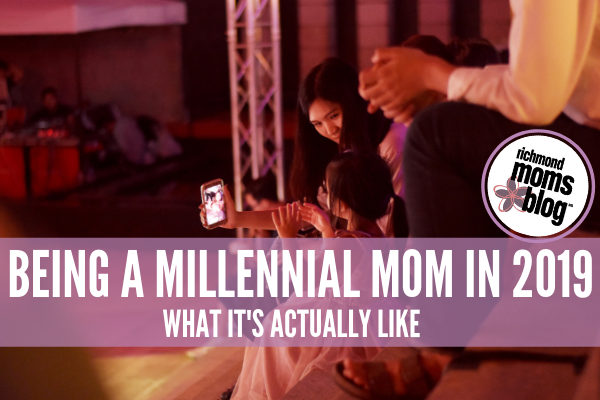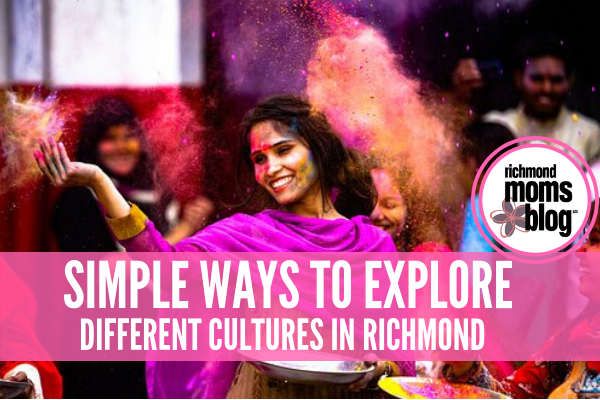As a mom in her 30s, I often find myself late catching onto the latest social media trends and apps.
Not to sound like a septuagenarian, but my world of sippy cups and playdates is far removed from anything resembling cool or young. This is why only recently did I discover the world of Snapchat. I downloaded it for an activity to do with my 2-year-old daughter when she is restless or cranky out in public.
I was right. My daughter loved it and squealed with delight as we cycled through the filters. One moment she had cat ears and whiskers. The next she had a rainbow coming out of her mouth. It was fun and harmless. Until I looked closer. The filters weren’t just giving my sweet, round-faced child animal noses or a crown of flowers.
They were also, for lack of a better word, making her “prettier.”
Her rosy, rash-prone skin was smoothed, softened, and brightened. Her eyes were larger and bluer, with long, magazine worthy eyelashes. Any “imperfections” were gone, smoothed over and covered up.
Of course, when I turned the filter on myself, I was initially pleased. Gone were the dark circles and lines around my eyes, the dark skin patches leftover from two pregnancies. I looked rested and beautiful, nothing like the haggard mom of two babies I felt like inside.
For a long moment, too long, I stared at the phone screen with my daughter, enjoying the glow of our artificial beauty.
And then I blinked and felt a pit in my stomach. This app was doing a live touch up of my child. It morphed my sweet girl, in front of my eyes, into a “better” version, one without pores or red spots or anything considered an imperfection.
I can hear the voice in the back of my head, the same voice many would echo, saying to loosen up. It’s only an app, a silly diversion, something light and unimportant. Who cares about a filter that makes you look prettier? It’s not that big of a deal. Only, another voice fights back, the same voice I hear when I look at a row of skinny, blonde Barbies in the toy store.
It’s a stubborn but insistent voice that tells me that when it comes to raising a girl in today’s world, all of this tiny, trivial stuff adds up into a sum with an exponential cost.
As my daughter grows, the world will bombard her, day after day, with images that idealize and elevate a very specific and artificial type of beauty.
These images are everywhere. Our world is saturated with them, and it’s why every woman, no matter how confident, has moments where she feels like she has failed.
It’s why girls start dieting in middle school or putting on makeup before they reach puberty. It’s why we cry in dressing rooms when we try on bathing suits or spend absurd amounts of money on products that promise to change us, make our eyelashes darker or teeth whiter or skin smoother.
To varying degrees, we all feel this pressure to change ourselves to fit a mold that society has created. Women come in hundreds, thousands, of shapes and sizes and colors. There are infinite variations of a female nose or eyebrow or hairline or lip size.
The authentic beauty of this world lies in these differences, in the wild, wonderful, endless variation of a human body.
Yet somehow, in spite of our better judgment, we let ourselves fall into the trap of thinking every woman should look like the same carbon copy of the woman we see in the pages of a magazine, a woman who only looks like that thanks to a team of hairstylists and makeup artists and Photoshop experts.
I can’t change the world for my daughter, as much as I wish I could. There is literally one thing I can do for her. I can shape the tiny world inside of our home, make it a kinder, gentler world than the one outside the doors. In this world, we only speak about our bodies in a positive way. We are generous with ourselves, embrace the way we look, talk about our strengths, what makes us feel good and healthy and strong.
It’s a lovely world we have, but a fragile one.
And the only way to guarantee its survival is to nip things in the bud that would do us harm. Which is why I’m deleting Snapchat or any app like it. It’s the same reason I won’t talk about dieting around my daughter or criticize another woman’s appearance. It’s why I will always compliment her for who she is instead of simply how she looks.
A beauty filter matters, because it is a small but persistent echo of the same message a girl will hear constantly, that she can look better, cuter, nicer.
My daughter doesn’t need a filter to make her beautiful. No girl does. And my job as a mother is to work every day to make her know that.









